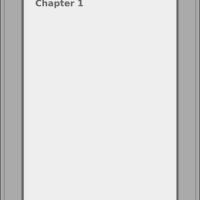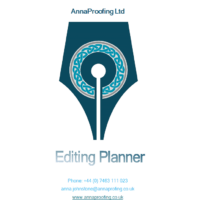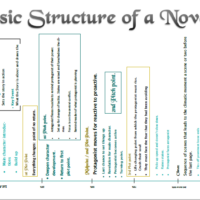
The Importance of Booking Early…
The other day I received a request for a quote. Not normally a problem, apart from the fact that the author expected me to be able to complete a copy edit on an 80k manuscript by the end of this month. Like many editors, I can only take on a limited amount of work per month. There is only one of me. This means that my schedule fills up fast, and I hate disappointing authors because my calendar is full. I know that feeling of excitement when your story is fabulous and it’s ready for the next stage. The trouble is, you need to make sure you already have an editor lined up ready to take that manuscript to the next level of awesome. You may think that this is impossible, but the fact is, writing and indie publishing are like any other job: deadlines and targets are a thing. Editors have to carefully balance what they take on to make sure that they don’t overstretch, and that the work they take on gets the attention it deserves. This means that many only take on one project at a time. A manuscript of that size would take me at least three weeks depending on the standard of the work submitted. ‘Why so long?’ I hear you say. It takes this long because it’s not the same as simply giving it a read through. Editing on that level means slowing right down and looking at every sentence in detail.
In light of this, I have put together an editing todo list for you. A printable pdf list will soon be available in the shop for £1.00. I will also advise here that you employ a different editor for every stage. The reason being is that an editor is human and they will also become over familiar with the book. Best practice is to give each stage to a fresh pair of eyes.
First Stage | Developmental
editing
Finish the first draft.
Set a realistic target for publishing.
Book developmental editor.
- Allow 3 months for self editing. Never submit a first draft.
- Make sure you employ an editor who works within your genre. A romance author is unlikely to be prepared to edit a space opera.
- Most developmental editors allow for 2 rounds within their pricing.
- Make sure you get dates for the start of both rounds, allowing a month between the deadline of the first to be returned to you and the start of the second.
- You don’t want to finish the first revision only to have to wait 3 months for your editor to be able start the second round.
Make a note of editor details.
- Editor name: ____________
- Email: _________________
- Phone: ________________
- Booking reference:
- Submission date:
- Agreed deadline:
- Submission for 2nd round:
- Agreed Deadline:
Finish the self-edit.
- Make sure you finish at least one round of self editing within a week of submission date, and make sure you submit on time.
- Focus on plot and characterisation for now.
Give yourself a break!
Review editor’s suggestions, reflect, and take advice on board.
Second stage | Copy editing
Book copy editor at least three months in advance.
Make a note of editor details.
- Editor name: ___________
- Email: _________________
- Phone: ________________
- Booking reference:
- Submission date:
- Agreed deadline:
Make sure you delete previous editing comments and accept/decline suggested changes before you send it to the copy editor.
Book your proofreader
Review changes individually
- Do not click accept all.
- Remember that it’s important to maintain the author’s voice. The editor’s input should be invisible. It’s your book: not theirs.
Third stage | Proofreading
This is the final stage of editing before publication.
- The previous two stages should have been completed before submitting for a proofread.
- Cover design and formatting are another part of the process and don’t really qualify as editing. You will need to know the page count for the cover designer to complete their work on any hard copies (paperback, hardback, and large print) because this will affect the spine dimensions.
- You should have booked your cover designer and formatter by the time you submit your manuscript to the proofreader.
Make a note of editor details.
- Editor name: ___________
- Email: _________________
- Phone: ________________
- Booking reference:
- Submission date:
- Agreed deadline:


















